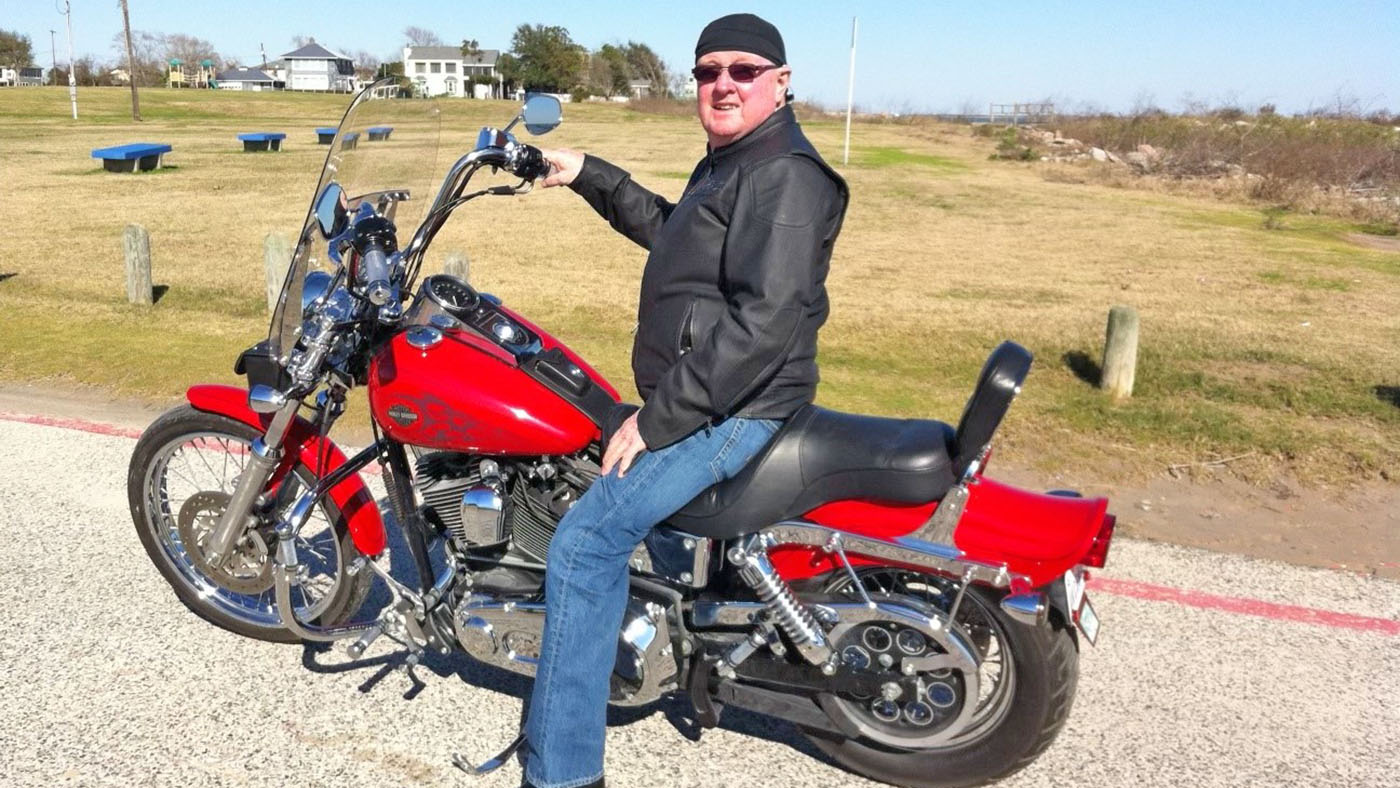Doctors at Michael E. DeBakey VA in Houston are utilizing groundbreaking new heart implant therapy to help Veterans with heart failure live longer and healthier lives.
Army Veteran Johnny Timmons from League City, TX, was the first of six Veterans who have received Barostim implants at Houston VA over the last several months. He says it has given him a spark of life.
“Over the past few years, my heart issues made me so tired I could only do one or two things in a day without resting. Over time I had a quadruple bypass operation and got a defibrillator, but it just wasn’t enough. This new Barostim procedure has made a huge difference. My energy is through the roof,” Timmons shared.
According to Dr. Savitri Fedson, Advanced Heart Failure Program director, Barostim implant therapy is a minimally invasive procedure that involves placing a small device under the skin of the chest that sends electrical signals to the carotid artery in the neck. These signals stimulate the baroreceptors, which are pressure sensors that send information to the brain about blood pressure and heart rate. The brain then responds by lowering blood pressure and heart rate.
Dramatic improvement weeks after procedure
“This new therapy causes the brain to send appropriate signals to restore balance, release less adrenaline and improve heart function,” Fedson said. “The Veteran’s arteries relax, allowing blood to course more easily through the body and reducing the heart’s exertion. Veterans often see dramatic improvement four to six weeks following the procedure.”
Timmons, who served in Vietnam in the 1960s, has long enjoyed hunting and riding a motorcycle, and said he has been able to resume many of his activities and spend more time with his seven grandchildren and 12 great-grandchildren since having the Barostim procedure.
“The procedure was very easy and, since then, I have been able to go to my grandkids’ baseball games and do more with my family. I was even able to go on a hunting trip,” he said.
The implant procedure takes 45 minutes to an hour and involves a one-inch incision on the right side of the neck and a two-inch incision under the collarbone, said Dr. Alexander Schutz, the surgeon who performed the procedure.
Device programmed to meet individual patient needs
“We are thrilled to be able to offer our Veterans the first medical technology that harnesses the power of the brain and nervous system to improve their heart failure symptoms. The Barostim device is programmed to meet individual patient needs and once they get it we can adjust it for best results. We are proud to have this cutting-edge technology at VA and be a leading implant center with multiple procedures already performed,” Fedson said.
Heart failure is a chronic condition that occurs when the heart is unable to pump enough blood to meet the body’s needs. It is a leading cause of hospitalization in the U.S. and research says it affects Veterans at a higher rate than non-Veterans. While not all patients with heart failure are candidates for Barostim, Fedson said the device is a great option for Veterans who lack other treatment options for systolic heart failure in which the left ventricle becomes weak and can’t contract properly.
“Veterans who may be suffering from heart failure should consult with their treating physician to see if they specifically have systolic heart failure and may be an appropriate candidate for this intervention,” Fedson added. “Our Veterans served our country and it’s our honor to give them the world-class care and latest technology they so richly deserve.”
Topics in this story
Link Disclaimer
This page includes links to other websites outside our control and jurisdiction. VA is not responsible for the privacy practices or the content of non-VA Web sites. We encourage you to review the privacy policy or terms and conditions of those sites to fully understand what information is collected and how it is used.
More Stories
The Medical Foster Home program offers Veterans an alternative to nursing homes.
Watch the Under Secretary for Health and a panel of experts discuss VA Health Connect tele-emergency care.
The 2024 National Veteran Suicide Prevention Annual Report provides the foundation for VA’s suicide prevention programs and initiatives.






